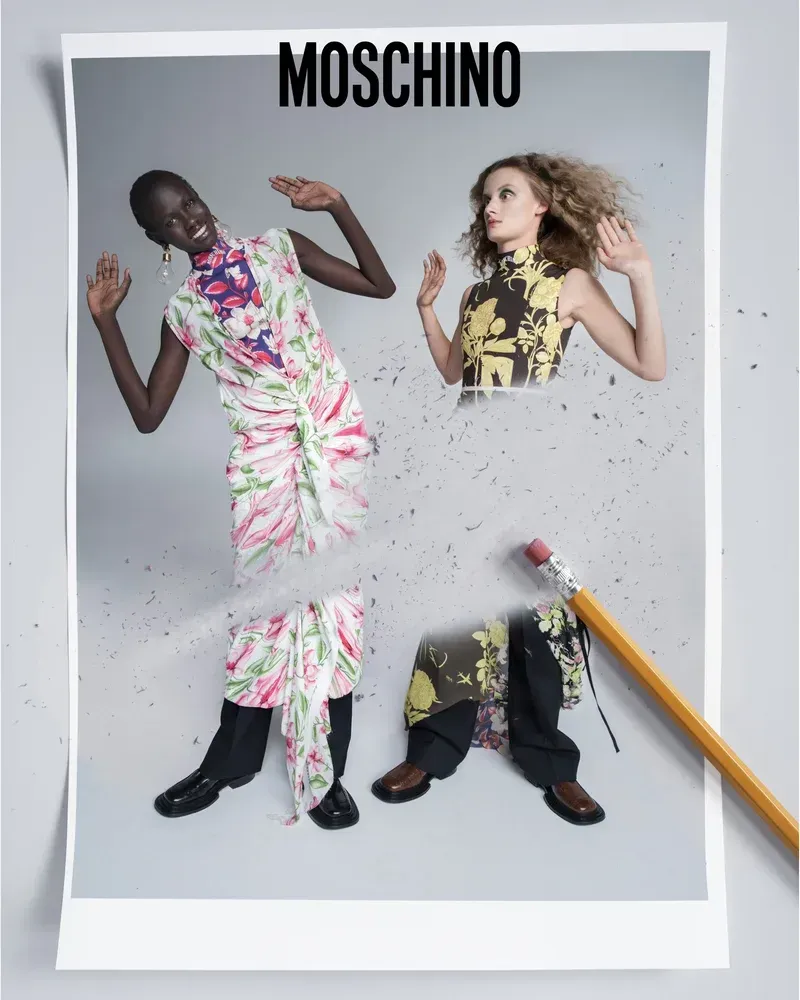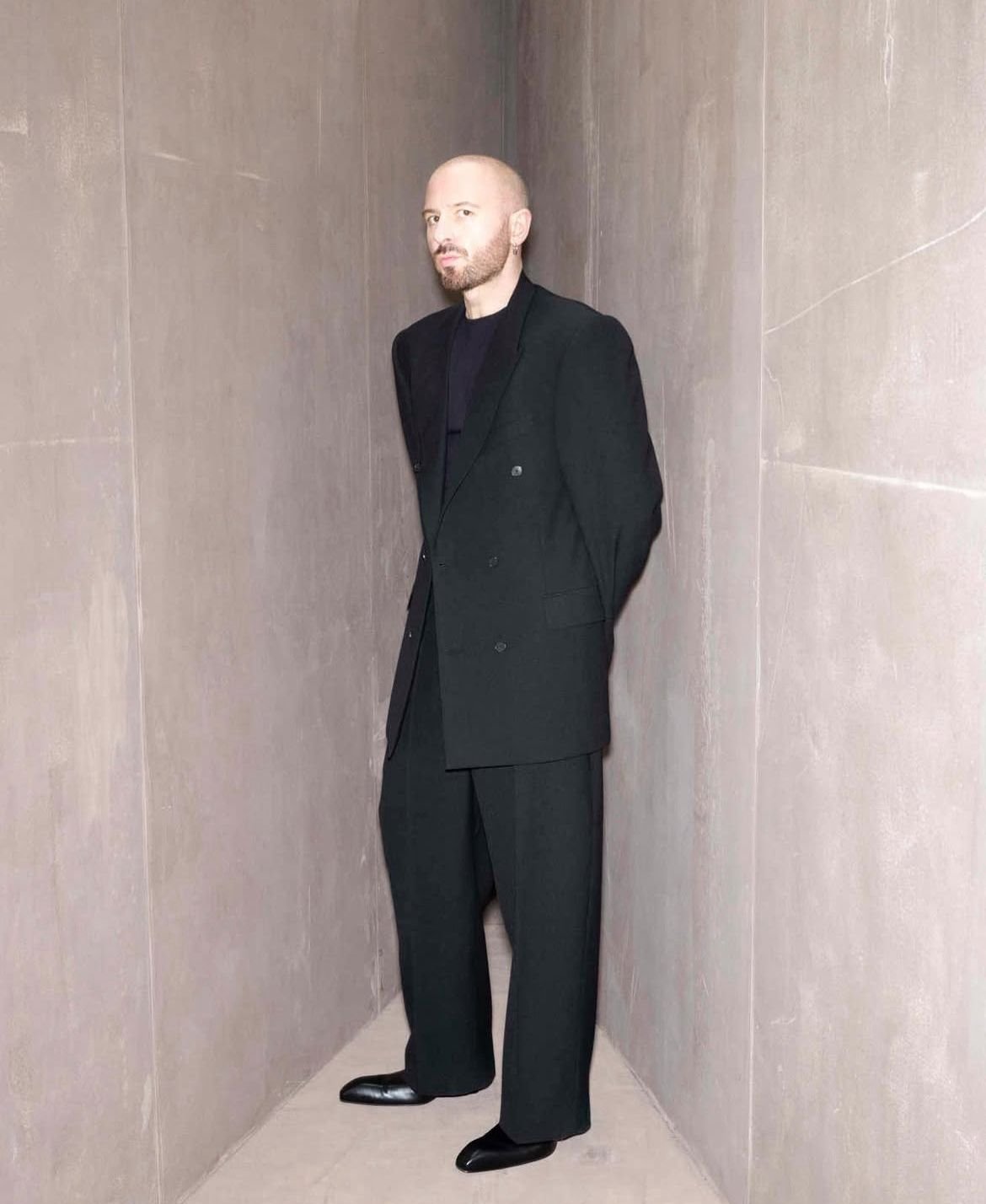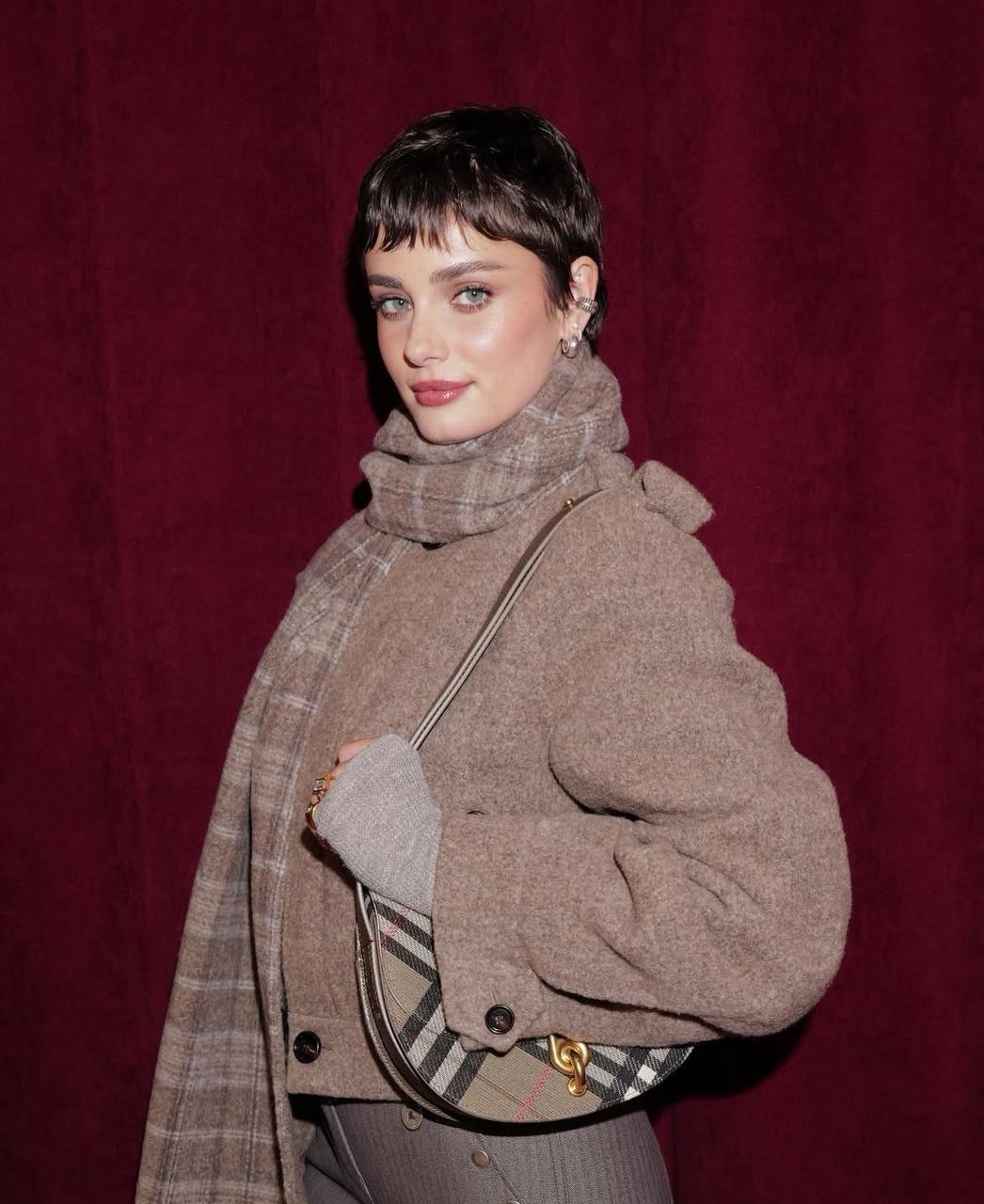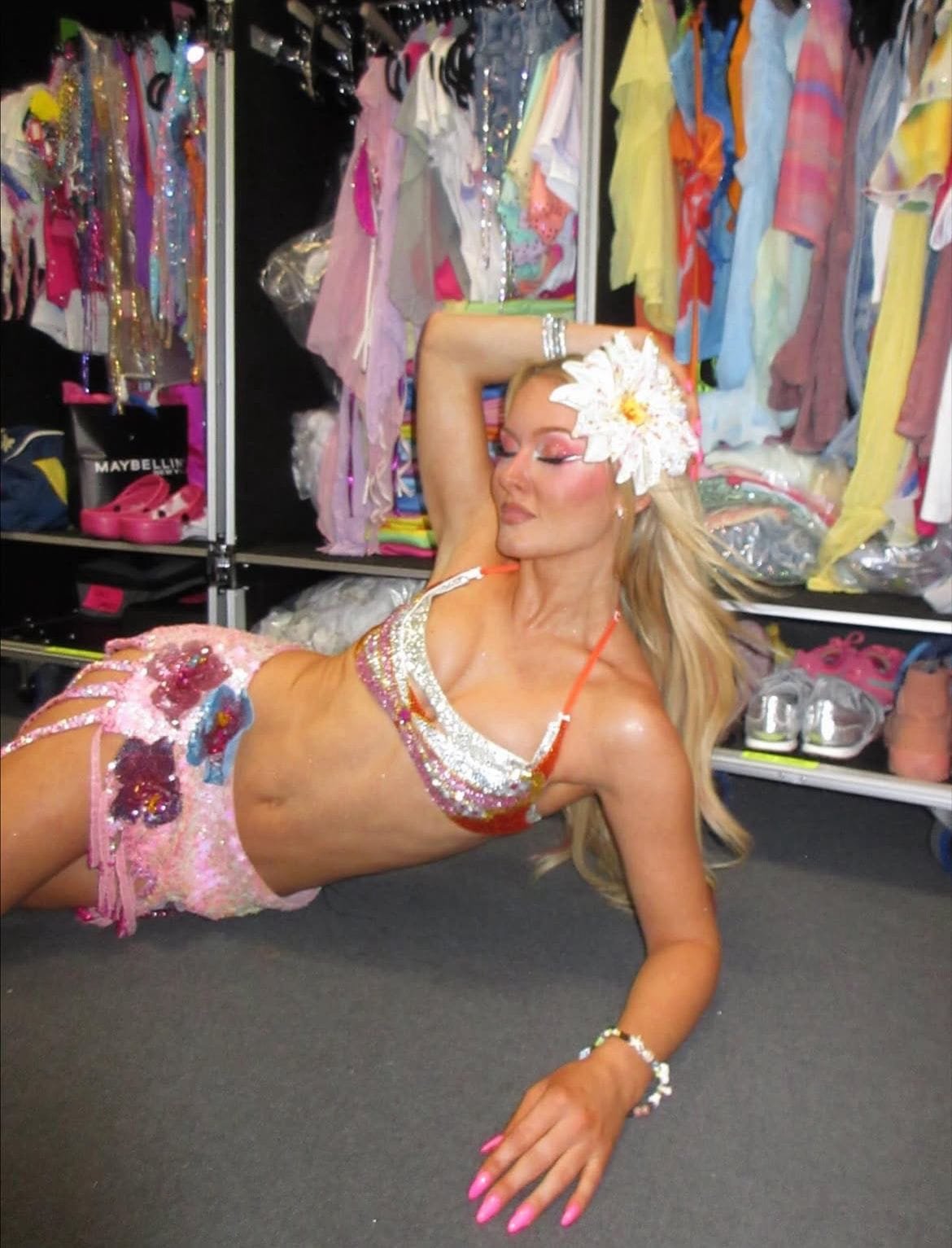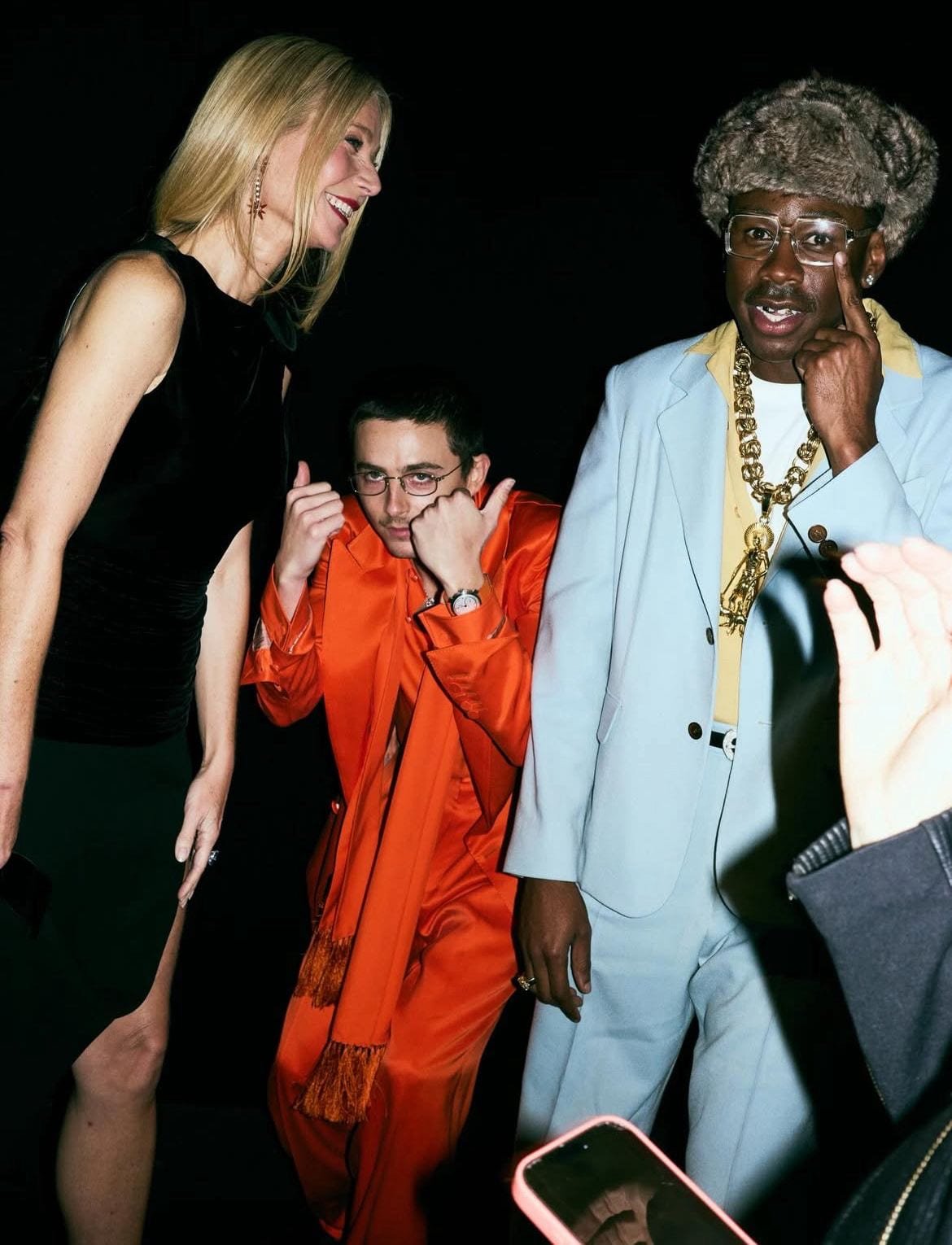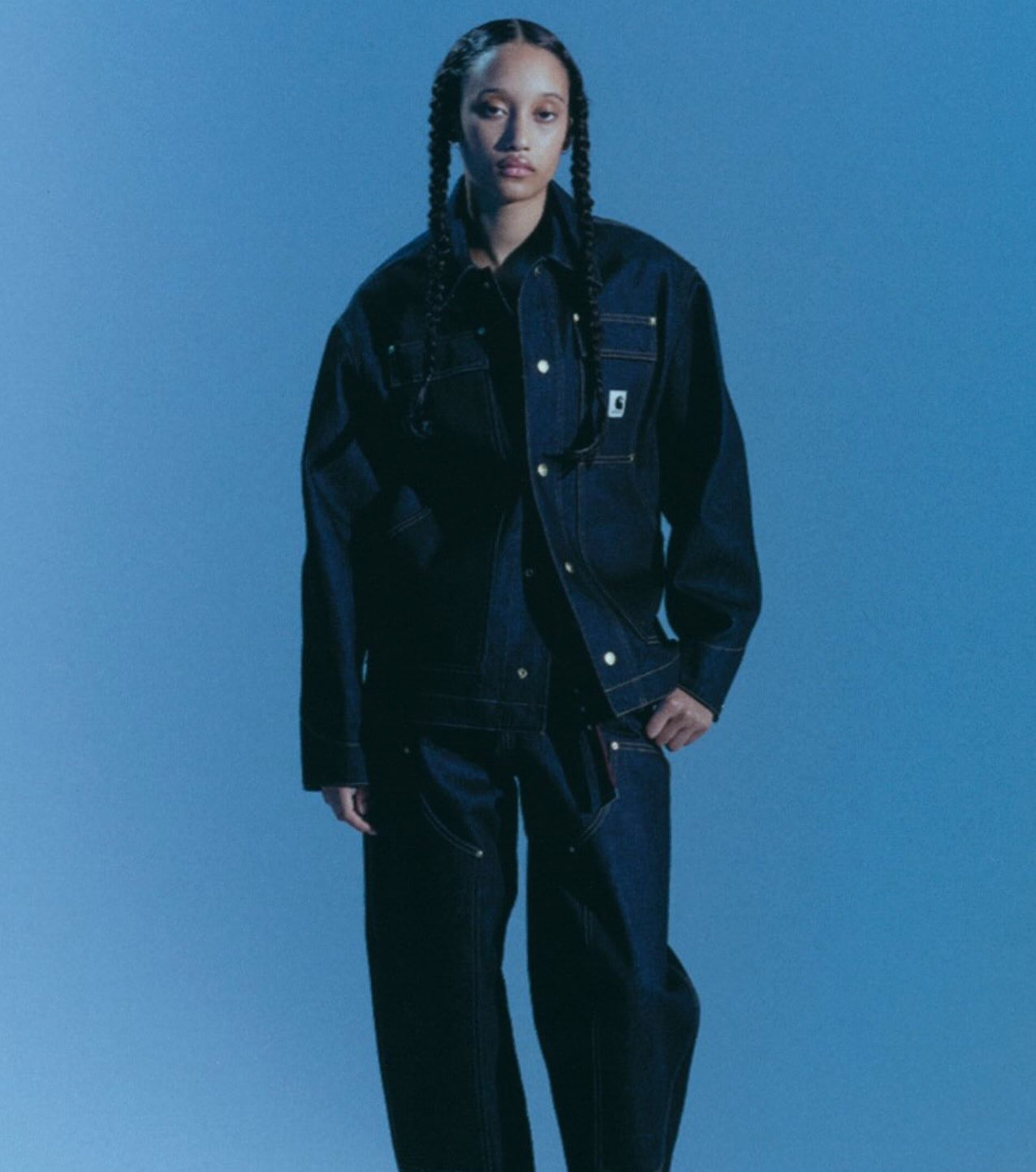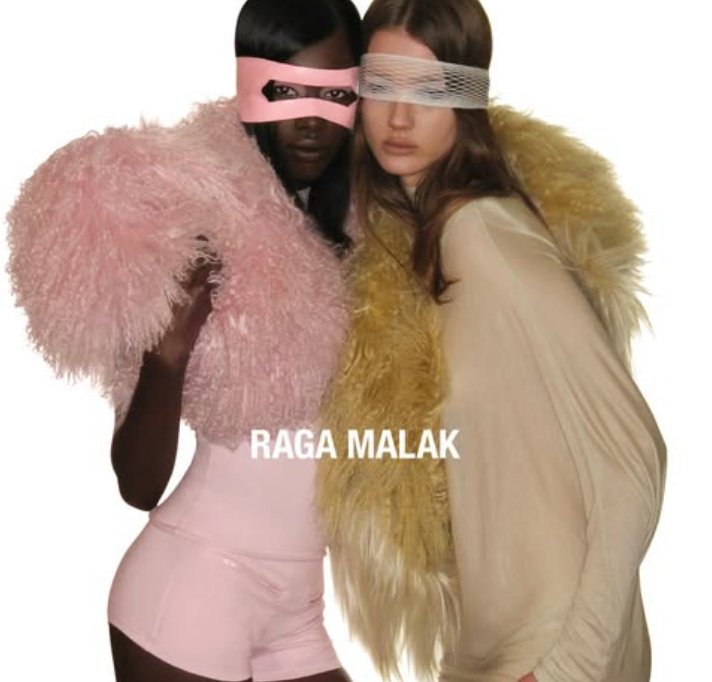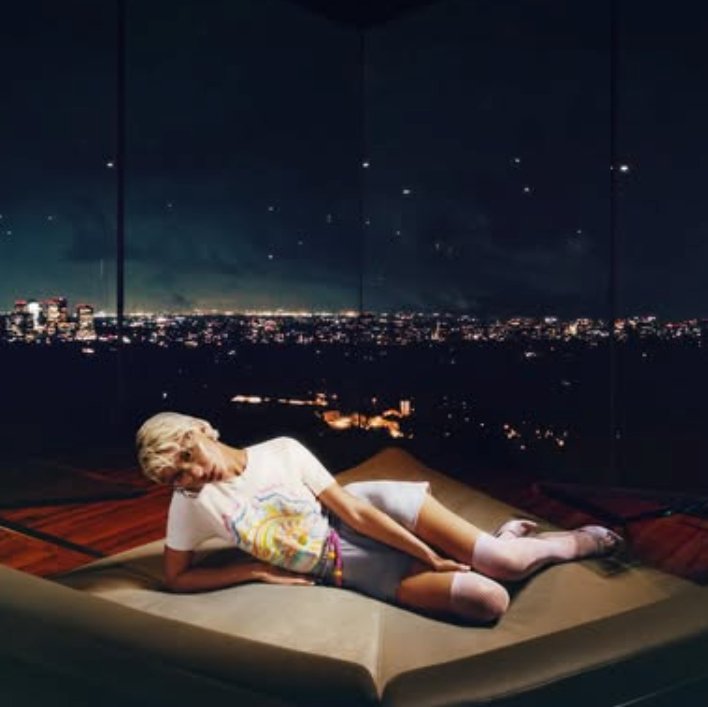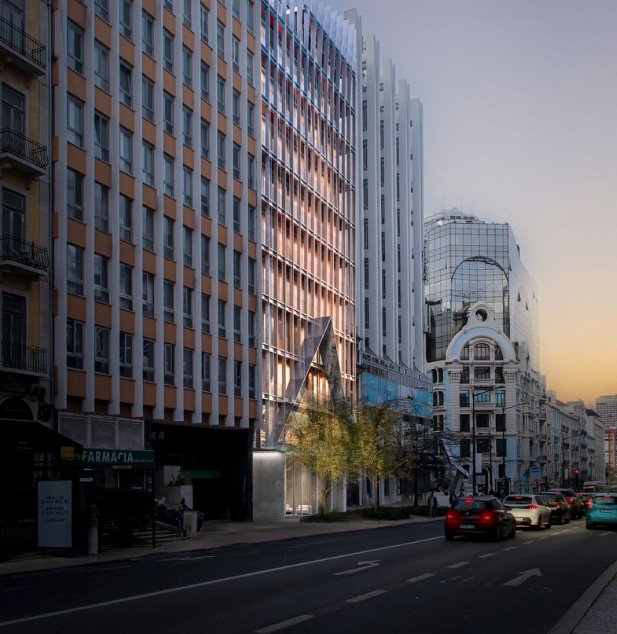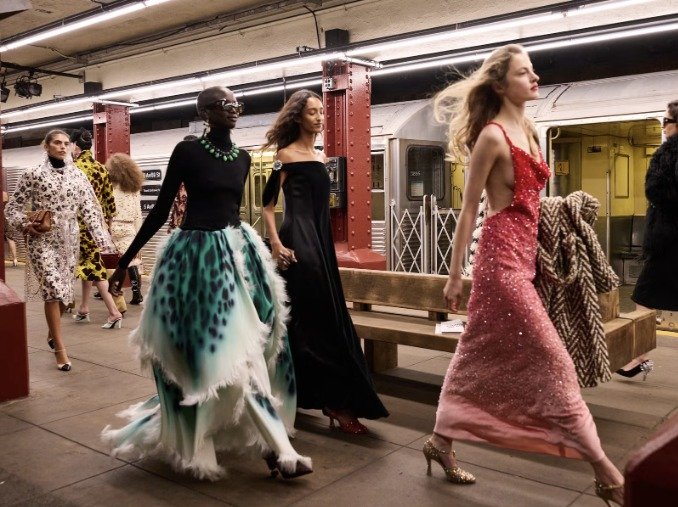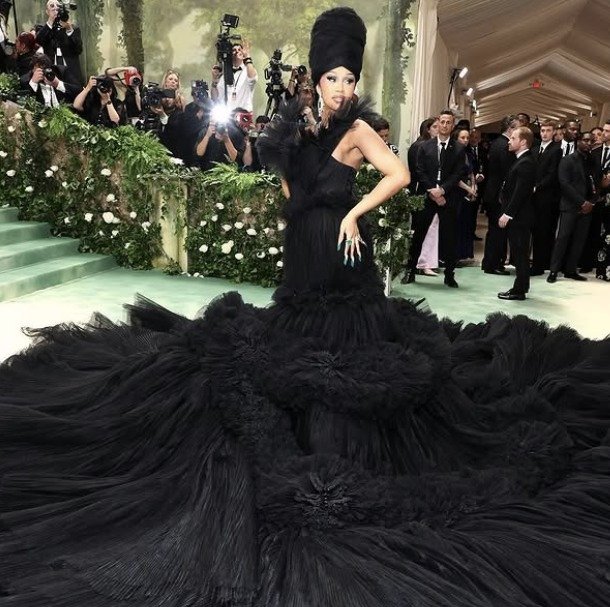There is no calm in Adrian Appiolaza’s Moschino. There is no stillness, no bow to the polished tyranny of perfection. For Fall/Winter 2025, the newly appointed creative director takes the house into uncharted territory—territory that looks less like a fashion campaign and more like a manifesto of visual anarchy. This is not a season. This is an uprising, built in scraps, scribbles, and scissors.
Appiolaza’s campaign is not about showcasing clothes in clean, glossy frames. It’s about dismantling the very idea that fashion needs to be neatly packaged at all. Photographed by the ever-eccentric Tim Walker, styled by Alastair McKimm, and given narrative direction by Lina Kutsovskaya, the imagery feels like a chaotic collage that refuses to sit still. Each frame is slashed, rewritten, reimagined. Each model seems caught mid-gesture, as if the camera itself was in revolt against the notion of finality. What you see isn’t an image—it’s a process unfolding, a draft that insists on remaining unfinished.
In this vision, imperfection is not a flaw but the highest form of luxury. Cut marks are celebrated. Scribbles bleed over silhouettes. Collaged fragments overlap, pushing against each other like restless thoughts. Moschino’s Fall/Winter 2025 campaign becomes a living, breathing sketchbook. The tools of the trade—scissors, pins, tape—emerge as symbolic relics, no longer backstage props but protagonists of the story. They become emblems of a creativity that cuts, rewrites, and reinvents itself endlessly. It’s a love letter to craft in a world obsessed with algorithmic polish, a declaration that human touch matters more than digital sterility.
Appiolaza’s rebellion doesn’t only exist on paper or on Walker’s lens. It echoes through the garments themselves. His Moschino collection is designed like the campaign: cut, stretched, distorted, re-stitched. Silhouettes collapse and expand; proportions tilt and twist; references fold into each other like paper models. Nothing feels definitive, and that is the point. This is fashion as flux, style as movement. A jacket can be a sculpture, a dress can double as a question mark. Appiolaza dares you to embrace instability, to dress for the unfinished, to wear contradiction proudly.
The collaboration between Appiolaza and Tim Walker feels inevitable—two minds intoxicated by fantasy and deeply suspicious of convention. Walker re-photographs his own images, distorts them, elongates them until they feel dreamlike and slightly grotesque. The result is a campaign that resists consumption in a single glance. It demands time. It forces you to look again, to piece together the fragments, to surrender to the chaos. In doing so, it mirrors the exact condition of our cultural moment: nothing is linear, nothing is whole, everything is under constant reconstruction.
There’s a kind of political weight beneath the playfulness. In celebrating imperfection, Appiolaza makes a pointed critique of an industry often enslaved by its own obsession with retouching, with flawless narratives, with the illusion of control. Moschino FW25 insists that the mess is beautiful, that mistakes are fertile ground, that creativity is not about the immaculate finish but about the courage to disrupt. Every crooked line, every rough cut, every handwritten intervention is a rebellion against silence.
This campaign is not designed to seduce. It’s designed to provoke. It does not hand you beauty on a silver platter; it hands you scissors and says, make it your own. And in that provocation lies its power. Because when fashion stops being about admiration and becomes about participation, it ceases to be decorative—it becomes transformative.
Adrian Appiolaza has not simply created a collection. He has staged a revolution. A revolution photographed, scribbled, cut, and re-cut into existence. In his Moschino, nothing is fixed, nothing is finished, and nothing ever should be.
Fall/Winter 2025 is not a season. It’s a construction site. It’s a battlefield. It’s a manifesto dressed as fashion—and it’s asking us all to pick up the scissors.

